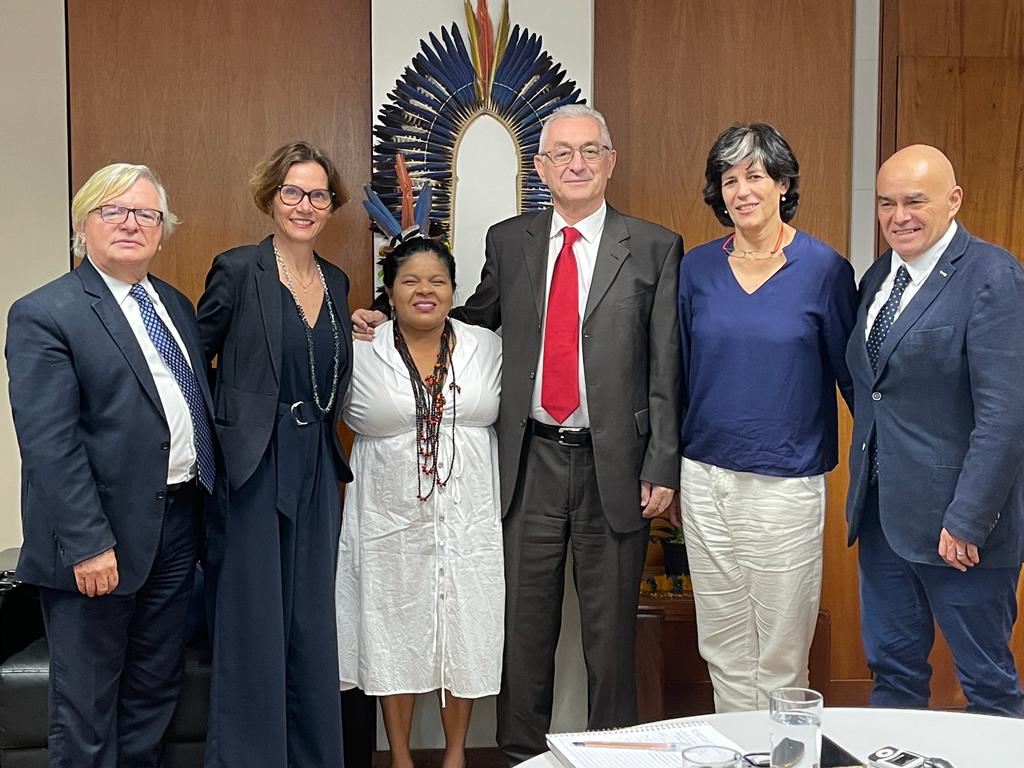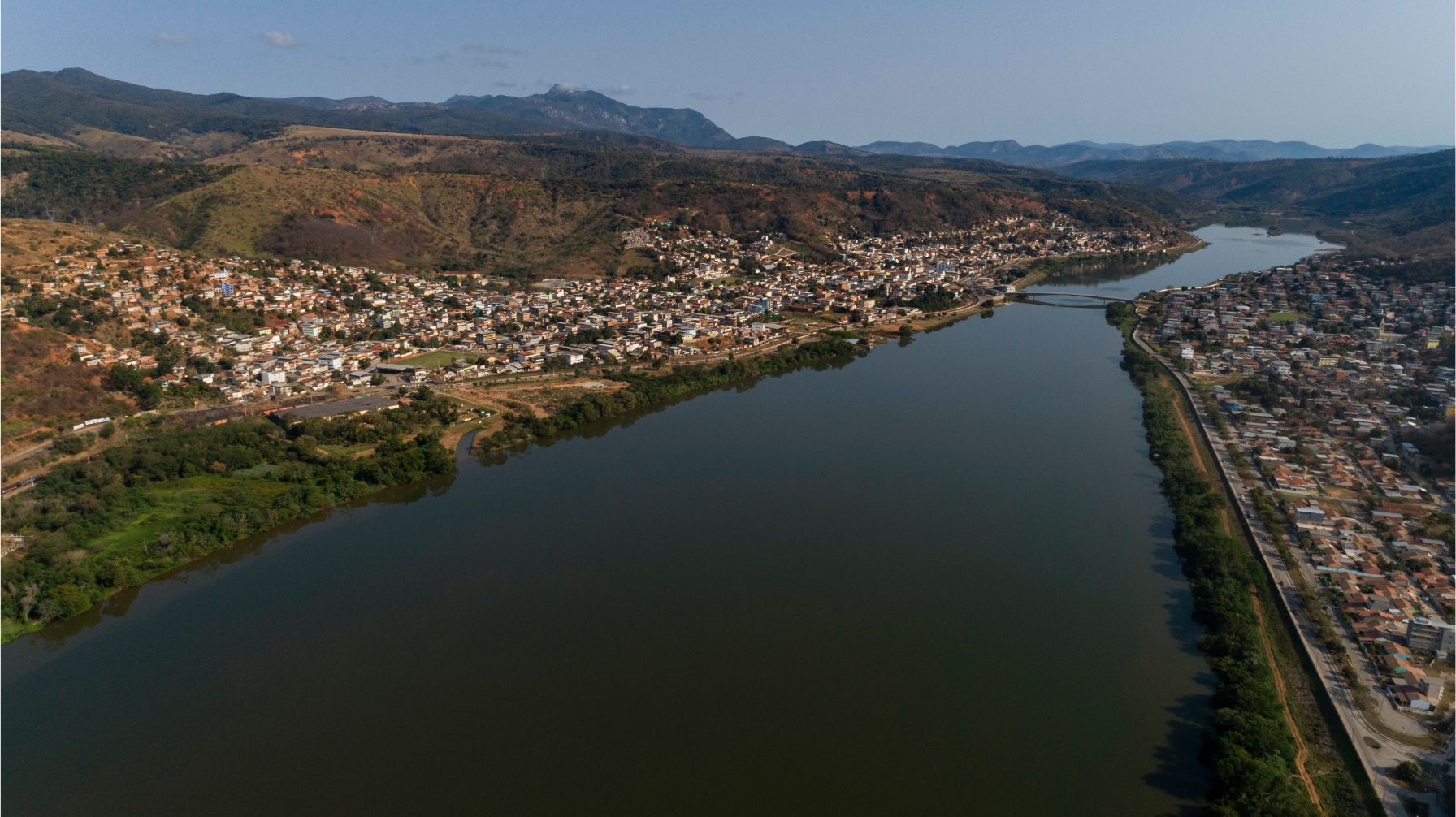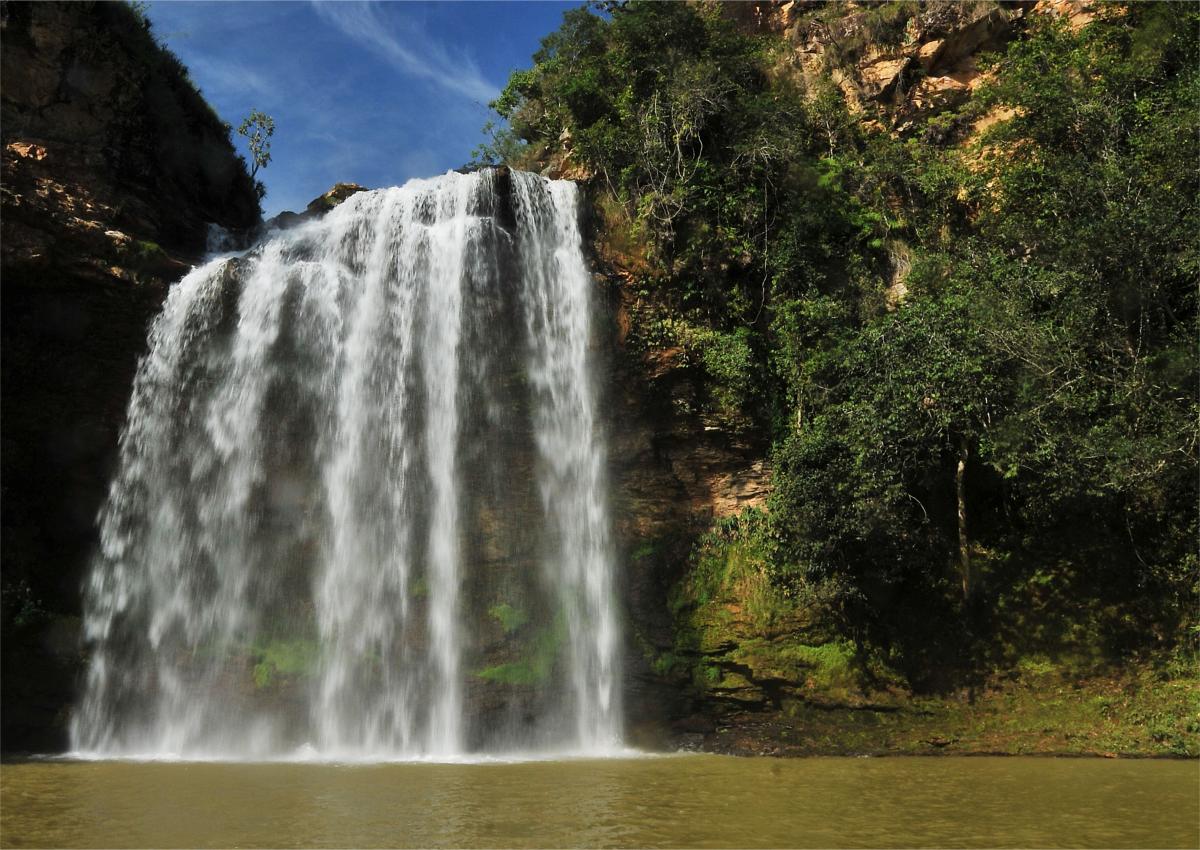Rio Doce Panel debates the restoration challenges in the Fundão Dam Science Meeting
The second Fundão Dam Rupture Science Meeting was held from 21–22 September in Ouro Preto, Minas Gerais, Brazil, aimed at sharing technical information about the consequences of the rupture of the Fundão dam and the recovery processes of the Rio Doce Basin.
Ouro Preto, September 2022 - In its second edition, the Panel organised the roundtable discussion Restoration Challenges - Redirecting efforts in a changing environment, to reflect about future measures to conserve and restore the Rio Doce watershed.
The biologist, researcher, and university professor Adalberto Luis Val opened the discussions, bringing a necessary reflection on the changes and variations - as well as the external impacts - that happen in natural ecosystems.
The professor recalled that we can conserve them and restore them to a better state than they are now or were in the past. And he stressed the importance of creating connections between scientific knowledge and ethnoknowledge.
Luis Sánchez, an expert in impact assessment, spoke about the multiple perspectives of looking at a disaster and assessing its impacts, stressing the importance of identifying and understanding what these were and, from that point, establishing repair and mitigation programmes. And he stressed the need to monitor these programs to ensure they deliver the expected results.
According to Sánchez, today, seven years after the dam collapse, we know a lot about the impacts that are easy to identify. Some of them are evident, such as the loss of livelihoods of the riverside populations at the mouth of the Rio Doce. However, we still have little understanding of the long-term impacts. Knowledge gaps can only be filled with studies and new hypotheses.
Christianne Maroun, a specialist in climate change and environmental governance at the Rio Doce Panel, brought reflections on climate change in the restoration processes. Maroun highlighted that the Basin has always experienced climatic extremes, and recently, effects have been enhanced, as floods that occurred in 2020 and 2022. With the dam's failure, the vulnerability of communities and ecosystems, which already existed before, has intensified. Thus, adapting to changes is necessary, which brings risks and opportunities. The proposed solutions must respond to society's challenges effectively and adaptively, simultaneously providing human welfare and biodiversity benefits and bringing new alternatives to enrich the restoration process of the Basin.
Finally, Maria Cecília Wey de Brito, an expert in biodiversity landscape management at the Rio Doce Panel, recalled that rivers do not exist in isolation and are part of a basin. An entire source-to-sea system and landscape make up the ecosystem. Therefore, paying attention to the social, economic, cultural and environmental characteristics is essential.
The specialist highlighted the national water resources policy, which brings the watershed as the management unit of these resources, and the national coastal management plan, which recognizes that it is only possible to solve the impacts of marine pollution through the integration of watershed and coastal zone management.
In the end, members of the Panel interacted with the public and answered questions that approached several themes, such as: the need for public policies that minimize environmental issues; the possibility of articulation with the new governments to build a real watershed policy; the actions that would facilitate the information-sharing process; Panel's perception of the restoration of the Rio Doce.
The Fundão Dam Science Meeting was held by the Society of Environmental Toxicology and Chemistry (SETAC) in Latin America, in Ouro Preto, on 21 and 22 September. Learn more about the event.
|
|



